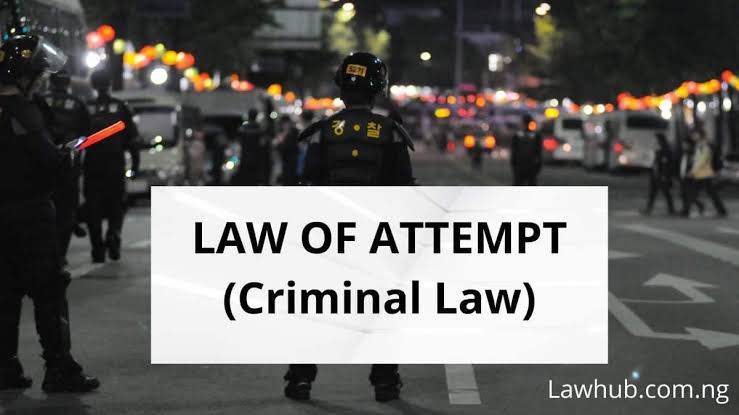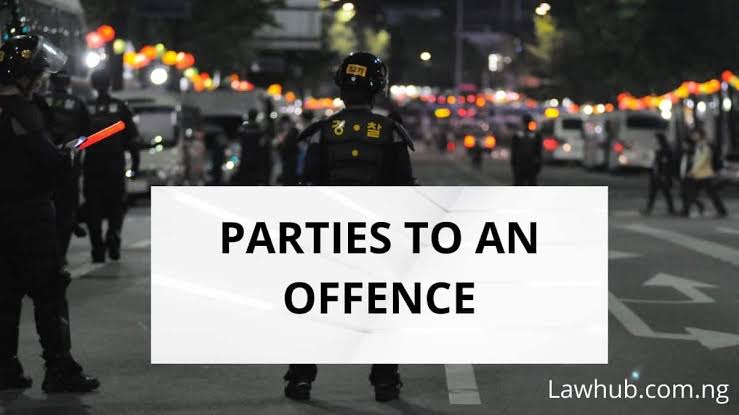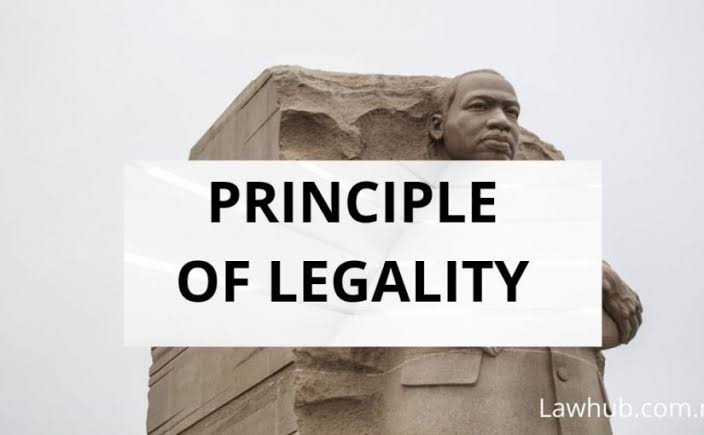Category: Criminal law
-

Criminal Liability of Corporate Entities in Nigeria and Other Jurisdictions Previously at Common law, it was believed that corporate entities cannot be liable for criminal offences, because they lack any mental calculations for the satisfaction of mens rea, neither can they be subjected to imprisonment of corporal punishment. Corporate entities were only criminally liable for…
-

Criminal Liability in Nigeria Generally speaking, an offence is made up of two elements, required for commission and liability. These are the physical element (actus reus) and mental element (mens rea). Although the later may refer to two concepts – men rea as an element of an offence to be proven for culpability in every…
-

Crimes and Criminal Responsibility Crimes, often considered public, are frowned at in every society. Every conduct that pose significant threat to the inhabitant of any community is treated with serious consideration, and carefulness. Little wonder the prohibition of crimes flow with attending consequences. According to Richard Quinney , an American sociologist, “crime is a definition…
-

N.B. This article is particular to Nigeria. Law of Attempt The interest of crime prevention would not be well served if a man intending to commit a crime were to be held innocent until he had actually committed the crime intended. Mere intentions is not criminal, however, where that intentions is put into effect, one…
-

N.B. This article is particular to Nigeria. Parties to an Offence A number of people may be involved in the commission of a crime, but the degree of their involvement may differ a great deal & the law has to decide what degree may suffice for criminal responsibility. In the criminal code, there are two…
-

Corruption in Nigeria Would love to read about Corruption in Nigeria – concept, trail, consequences, legal responses etc.? Continue reading. Around the globe, the negative perception of corruption in public places continue to grow. It’s struggle to retain its place as one of the major causes of poverty is felt. The menace it has created…
-

N.B. This article is particular to Nigeria. Principle of Legality The principle of legality represents the standard of living that is expected of a criminal statute. It is captured in the Latin phrase “Nullum crimen sine lege, nulla poena sine” which roughly translates as “No crime or punishment without the law”. It represents the yardstick…
-

N.B. This article is particular to Nigeria. Death Penalty/ Capital Punishment Should the death penalty be withdrawn or upheld in Nigeria? What do you think? This post considers the death penalty. For decades, the quest to achieve the maintenance of peace & order have been at the topmost of govt policies. However, this has been…
-

N.B. This article is particular to Nigeria. Crime What is a crime? Can we get an all-encompassing definition for it? Continue reading. The traditional debate over the definition or crime has not been grounded within the context if the more fundamental images of crime that actually guide the realms of criminological works. Prior to the…
